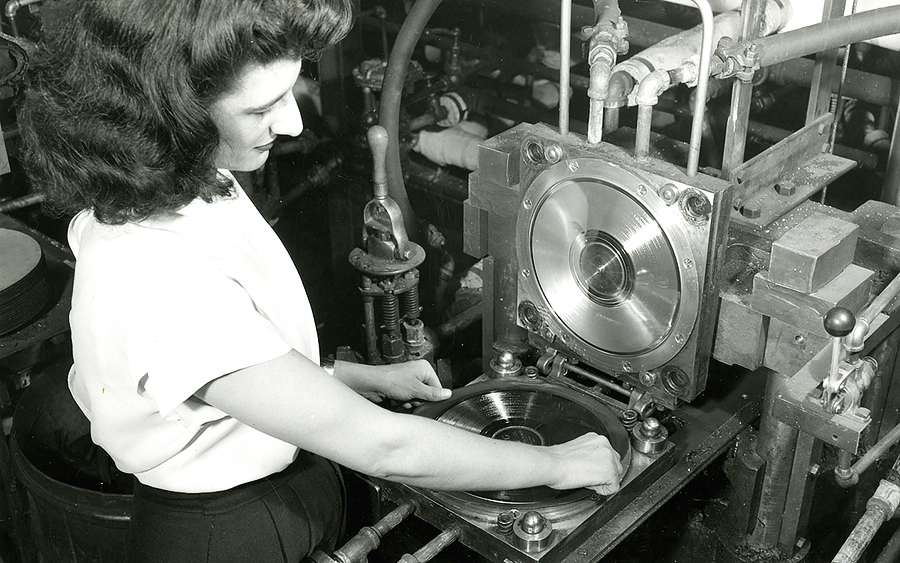
25 May Why do we still have to wait for records?
We live in a world where, thanks to ever-evolving technology, things we need and want come to us faster and easier all the time. News, information, and (yes) digital music all come at us through the internet with no waiting. Twitter is spitting out information even faster than blogs and news sites. So, when the new Stephen Malkmus and the Jicks album was announced on the Matador Records’ Matablog with a release date in late August, someone posted this question:
If the album is in the can, why not just sell it now? I’d BUY it now. I suppose everyone would just steal it in the end either way. But why the wait? Just for the retro aspect of how things used to be?
Patrick from Matador was nice enough to explain…
A few reasons –
1. This is an incredibly competitive market. More releases come out now in a given week than used to come out in a month. It takes time to build up the word & anticipation for a record. A proper marketing campaign will get the maximum possible sales & chart position for a new album on release date, which in turn drives the media to pay attention and drives further sales.
2. Long-lead print press still exists, and their deadlines for features in August is NOW. They won’t run features about a new release 3 months after a record comes out – by then, there will be a whole new batch of records competing for their attention. And they need to spend time music to confirm features, and then spend time writing them.
3. Physical retail, including chains, still exists. Our distributor’s deadline for getting into their August 23 book, driven in turn by their big customers like Best Buy and Target, is NOW. And of course it takes time to manufacture records… you see a cover image above, but we don’t have the full packaging in for the CD and vinyl. The final EQ’d master is in today, and then it needs to get made into a glass master for CD and cut for lacquers for vinyl, which in turn will need test pressings, for approval. Once the records and the print are made, they need to be assembled, shipped to distributors, who in turn ship to stores – and for chains this means depots who ship out to branches, or drop-shipping to individual accounts – all to arrive on a certain date before release date.
Even for digital stores, there’s a time-consuming process which includes metadata for royalty tracking, audio polishing and checking, lots of uploads and downloads and tests.
Then there’s booking advertising, planning the marketing campaign, designing banners, and all the rest.
It’s a delicate balancing act setting up a record properly for release. 3 months is about the minimum lead time possible from delivery to street date.
Lots of people, fortunately, do still spend money on music!


Mark
Posted at 16:26h, 26 MayI would add to the list that the instant gratification and disposable nature of immediate, online downloads of music has actually cheapened both the music itself and the experience of being a listener.
Those of who are older, (ahem, like me. Insert ‘In my day we had to walk uphill in the snow both ways to buy a new LP! And while your at it, get off my lawn! Damn Kids’ screed here) will remember the days of actually having to search out music and wait for the album to be released, trading mix tapes with friends to introduce them to new music, digging through ‘zines and trade rags to get some mention of what our favourite artists were up to. It meant more when you finally did get your hands on an LP that you had been waiting for, remember the days of ‘Only released in Japan, try to get the LP out without disturbing the obi’? The artists put more work into it as well. There was only one shot to grab the attention of new fans, more than a singular album a year was very rare, and if it sucked, it couldn’t be fixed by deleting it and reloading it on bandcamp.
Learn to wait… it’s good for you.
David
Posted at 16:38h, 26 MayHere, hear!